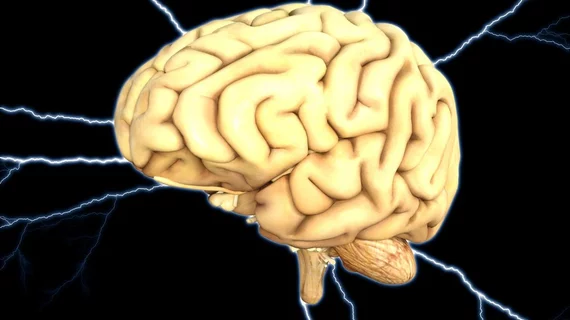UK researchers develop metal 'seed' to kill cancer cells with help from MRI
A groundbreaking new treatment that involves a magnetic metal “seed” and an MRI scanner could destroy deadly brain tumors in 10 minutes, according to a June 8 article in The Telegraph.
The new therapy, developed by researchers at the University College London (UCL), uses radio waves and an MRI scanner to heat up the metal seed injected into a patient's bloodstream to kill cancer cells in surrounding tissues.
The goal of the device is to turn every MRI scanner into a therapeutic device, explained co-author Mark Lythgoe, PhD, founder and director of the Center for Advanced Biomedical Imaging at UCL.
“We’re able to fire in a simple radio wave and these seeds heat up remarkably well and kills all the cells around it," Lythgoe told The Telegraph. "You then just guide the seed through the tumor, killing all the cells and you can do it with real precision right up to the margins of the tumor so there is no tumor left. This is life-changing.”
Lythgoe and his colleagues have successfully used the therapy on brain tumors in pigs and plan to move their method to human trials involving prostate cancer patients in the next two years.
Read the entire article below:

